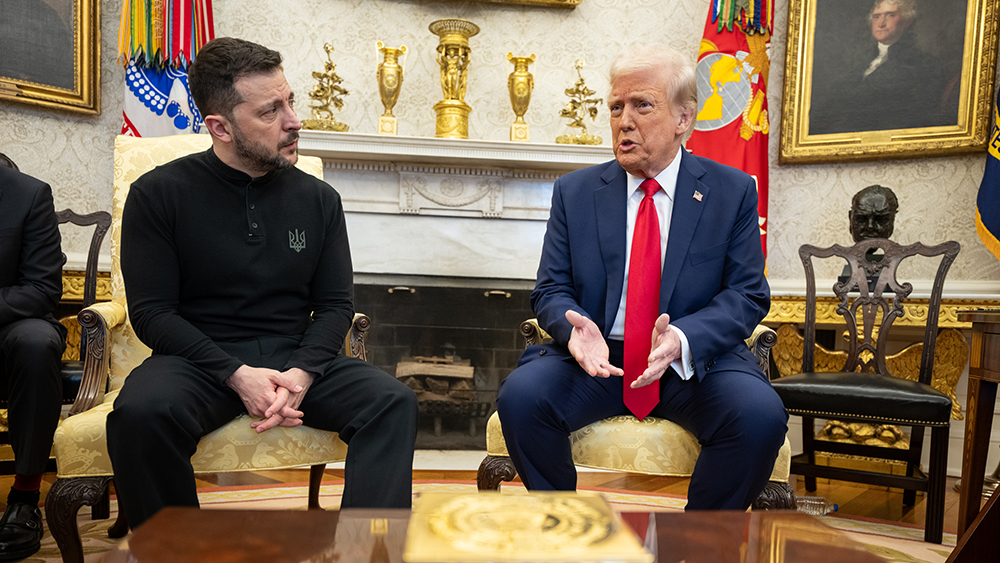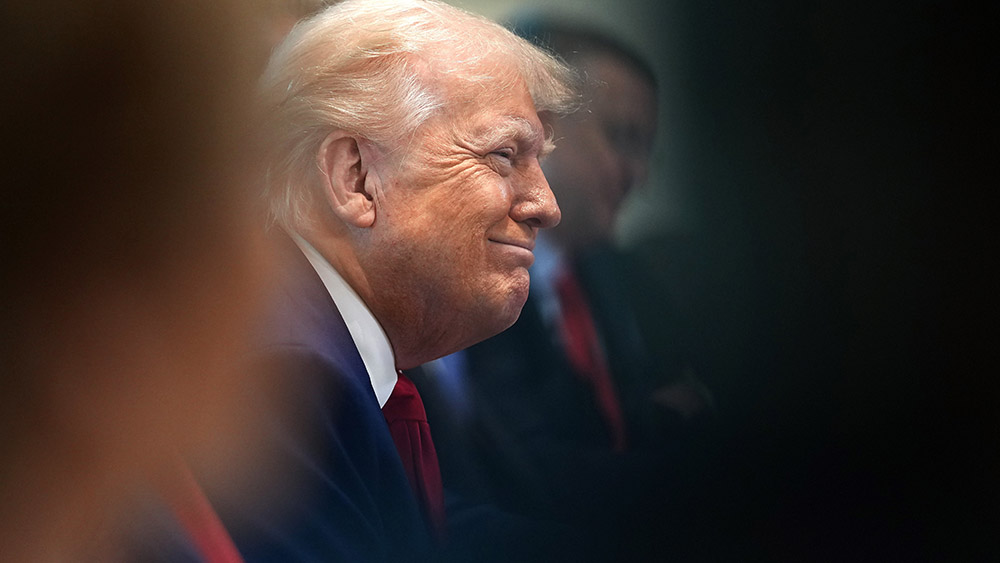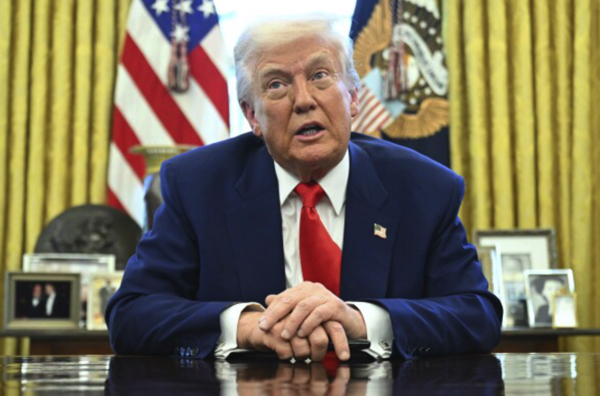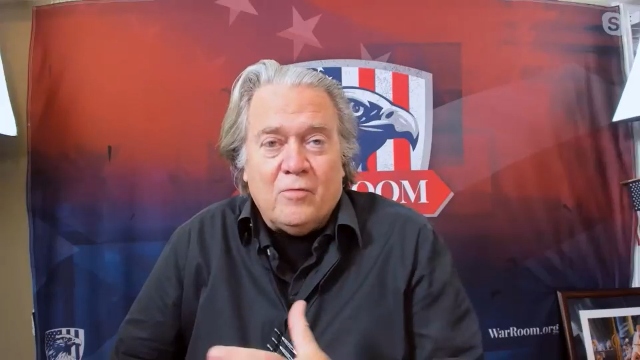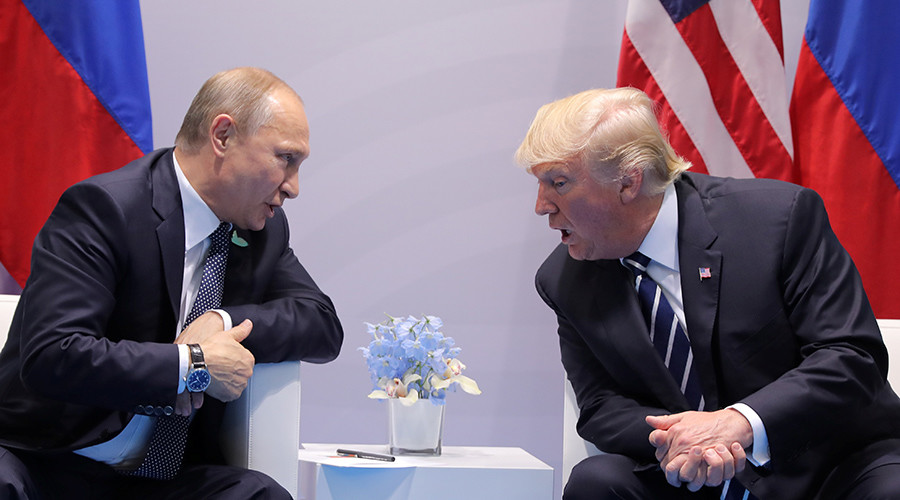Trump Admin cracks down on intelligence leaks after classified Iran report surfaces
06/26/2025 / By Lance D Johnson
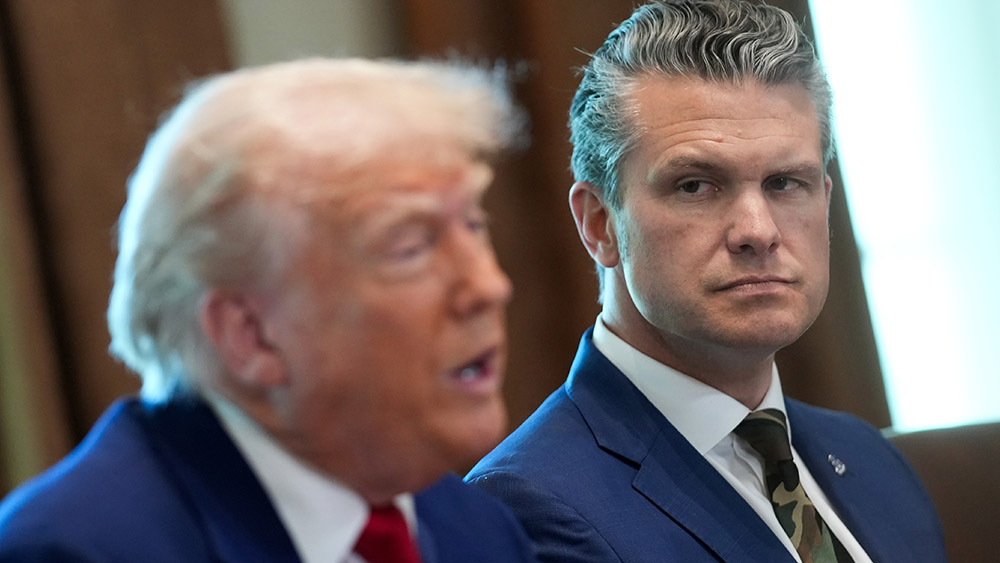
The Trump White House is tightening its grip on classified intelligence sharing with Congress after a damaging leak exposed doubts about the effectiveness of recent U.S. strikes on Iranian nuclear facilities. This latest breach reveals a dangerous pattern of political sabotage, as shadowy actors within the government weaponize sensitive information to undermine national security while posing as whistleblowers. The FBI’s ongoing investigation into this unauthorized disclosure serves as a critical test of whether Washington can restore accountability—or whether deep state operatives will continue manipulating intelligence to serve their own agendas.
Key points:
- A preliminary Defense Intelligence Agency (DIA) report doubting the lasting impact of U.S. air strikes on Iran’s nuclear program was leaked to CNN and The New York Times shortly after appearing on CAPNET, a secure system for briefing lawmakers.
- The Trump administration condemns the leak as a deliberate distortion meant to weaken the president’s claims of total success, labeling it a national security breach worthy of criminal prosecution.
- Despite White House assertions that the strikes “obliterated” key nuclear sites, the leaked report suggests Iran’s program may recover within months, not years—raising troubling questions about diplomatic and military strategy moving forward.
- Changes to CAPNET access policies are imminent, restricting Congress’s ability to view incomplete or “low confidence” intelligence assessments—a move that already faces backlash from Democrats.
- The FBI and Justice Department are actively investigating the leak, with senior officials warning that “Deep State actors” are exploiting classified materials to manipulate public perception.
Congressional access & potential leaks
Members of Congress have access to Defense Intelligence Agency reports—and, if politically motivated, could leak them to undermine rivals or scrutinize their actions. A preliminary report, which cast doubt on the effectiveness of strikes against Iranian nuclear sites, was swiftly leaked to the press. The executive branch and the FBI now view this as a serious breach of national security.
Discrepancies in assessments
The leaked report questions whether U.S. strikes significantly delayed Iran’s nuclear program. The White House asserts that the operation—15 years in the making—utterly obliterated key sites. Yet the preliminary report raises legitimate concerns: Did the destruction truly set Iran back for years, or were they forewarned, allowing them to relocate critical nuclear developments? Could foreign allies help replenish Iran’s capabilities after the attack?
Are these questions valid?
There’s nothing inherently wrong with examining these uncertainties. Far from attacking U.S. military personnel—as President Trump alleged—the questions focus on strategic outcomes, not the pilots’ or military’s conduct. Rather than dismissing the report as a “threat,” the administration should address concerns by declassifying or circulating newer, more comprehensive assessments.
National security or political insecurity?
Labeling the leak a national security threat risks appearing defensive rather than transparent. Public discourse on operational effectiveness strengthens accountability; suppressing debate undermines it. The administration should welcome scrutiny while providing clearer evidence to refute or contextualize the preliminary findings.
Shadow warfare
The rapid dissemination of the DIA assessment—a speculative early snapshot of the Iran nuclear site bombings—has reignited long-standing tensions between intelligence agencies and the executive branch. While the White House frames the leak as an act of treason, skeptics argue that revealing inconsistencies in military strategy serves the public’s right to know. Yet buried beneath this debate lies an uncomfortable truth: national security is never served when clandestine operatives selectively disclose classified information to advance political vendettas.
The report in question was compiled within 24 hours of the bombings, relying solely on satellite imagery rather than ground intelligence—a critical limitation acknowledged by its own “low confidence” rating. This raises serious doubts about whether media outlets obtained this document to inform the public or to craft a narrative mocking Trump’s claims of victory.
Selective leaks, selective outrage
Marco Rubio, secretary of state, blasted the media’s handling of the report, stating: “All this stuff about the intelligence: This is what a leaker is telling you the intelligence says. That’s the game these people play. They read it and then they go out and characterize it the way they want to characterize it.”
His criticism echoes Trump’s frustrations at NATO, where the president dismissed leaks as manufactured dissent designed to embarrass his administration. But beyond partisan finger-pointing, the incident exposes a systemic rot: Congressional access to intelligence may be enabling political rivals—not patriotic oversight—while endangering operational security.
Officials confirm that stricter CAPNET access controls are inevitable, arguing that once-classified material immediately appearing in corporate press proves Washington can no longer be trusted with sensitive assessments. Yet Democrats claim this tightening of information flow is retaliation, not reform—an attempt to stifle congressional oversight under the guise of protecting secrets.
Legitimate concerns persist—could Iran rebuild its nuclear program faster than thought? Did adversarial nations assist in safeguarding key materials? Yet answering these questions requires transparency, not subterfuge. However, if Congress genuinely seeks truth, they should demand verified intelligence, not politically timed leaks, and then collaborating with their contacts in the media to undermine their political rivals.
Sources include:
Submit a correction >>
Tagged Under:
capnet, CIA, classified documents, classified information, deep state, Defense Intelligence Agency, Donald Trump, Espionage Act, FBI, government corruption, intelligence community, iran nuclear program, leaks, Marco Rubio, media bias, military strikes, national security, political sabotage, Whistleblowers, White House
This article may contain statements that reflect the opinion of the author
RECENT NEWS & ARTICLES
COPYRIGHT © 2017 WHITE HOUSE NEWS



